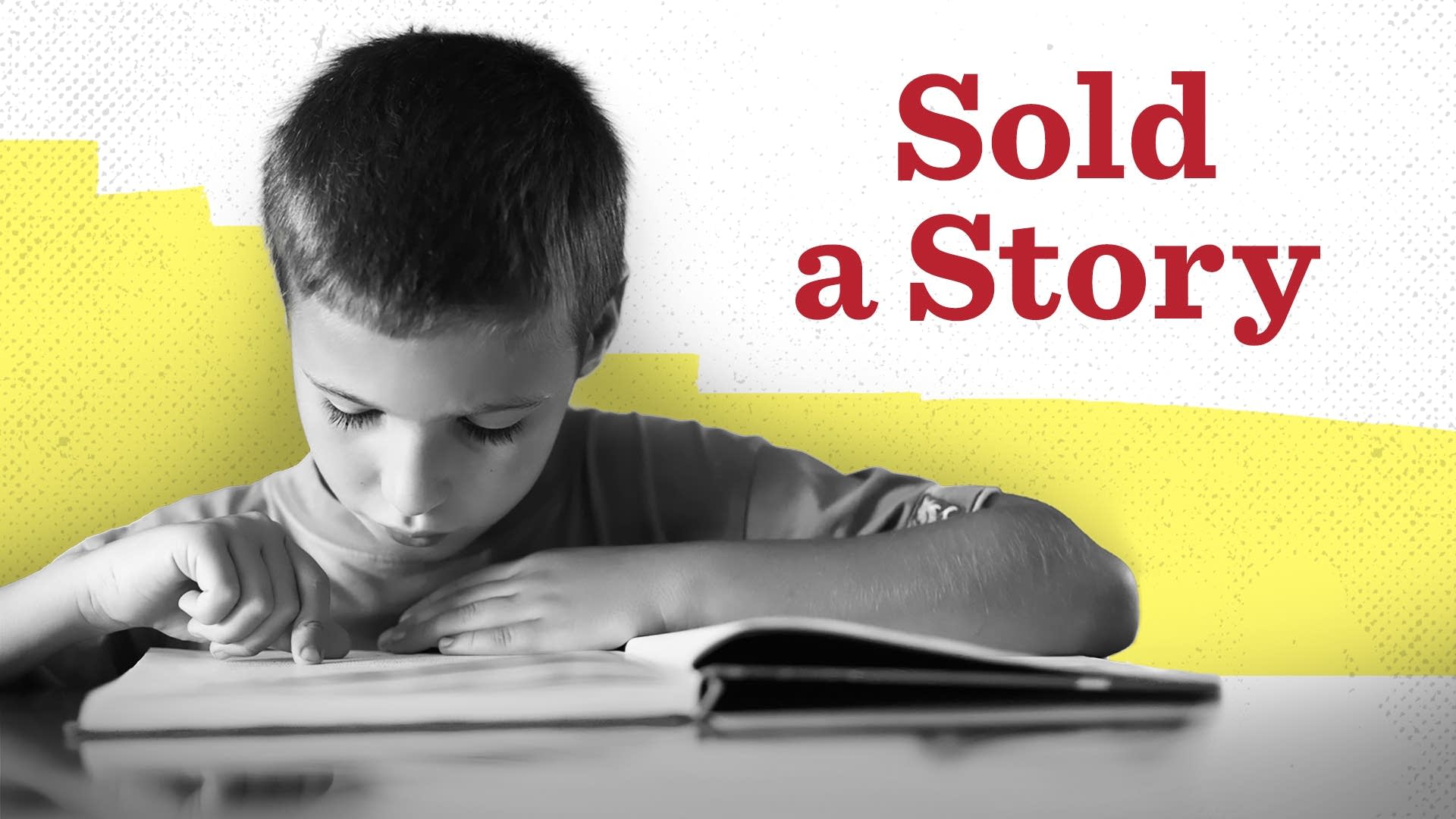This is an 8 part series about reading education in the U.S. I'm not sure I can summarize it better than the official summary at the link so pasting it here:
There's an idea about how children learn to read that's held sway in schools for more than a generation — even though it was proven wrong by cognitive scientists decades ago. Teaching methods based on this idea can make it harder for children to learn how to read. In this podcast, host Emily Hanford investigates the influential authors who promote this idea and the company that sells their work. It's an exposé of how educators came to believe in something that isn't true and are now reckoning with the consequences — children harmed, money wasted, an education system upended
So far I'm about halfway through episode 5. I think people here will be able to predict in many ways how the story goes. Definitely something I think is important and wasn't aware of (I know that literacy is overall not great in this country, but it's interesting to learn that there is an additional reason besides inequality and low investment in education).


They get into it pretty quickly, but it doesn't get a name till later. The name of the idea seems to be called "cueing theory" or the "three cues system". Basically, it says that beginning readers should look at cues or context for reading new words, such as the first and last letters of the word, what the sentence says so far, etc., and use these to try to infer what the new word is. Sounding out a word should only be used as a last resort under this system.
The thing that's funny to me (in a kind of way) is that the way the people who support these ideas talk about teaching reading sounds a lot like training an AI language model - i.e. use the preceding context to guess the next word. They even go so far as to use a sticky note to cover the next word and try to get the kids to guess it as a classroom exercise.
kind of way) is that the way the people who support these ideas talk about teaching reading sounds a lot like training an AI language model - i.e. use the preceding context to guess the next word. They even go so far as to use a sticky note to cover the next word and try to get the kids to guess it as a classroom exercise.
to me it sounds reminiscent of the reading strategies used by some students with ('stealth') dyslexia